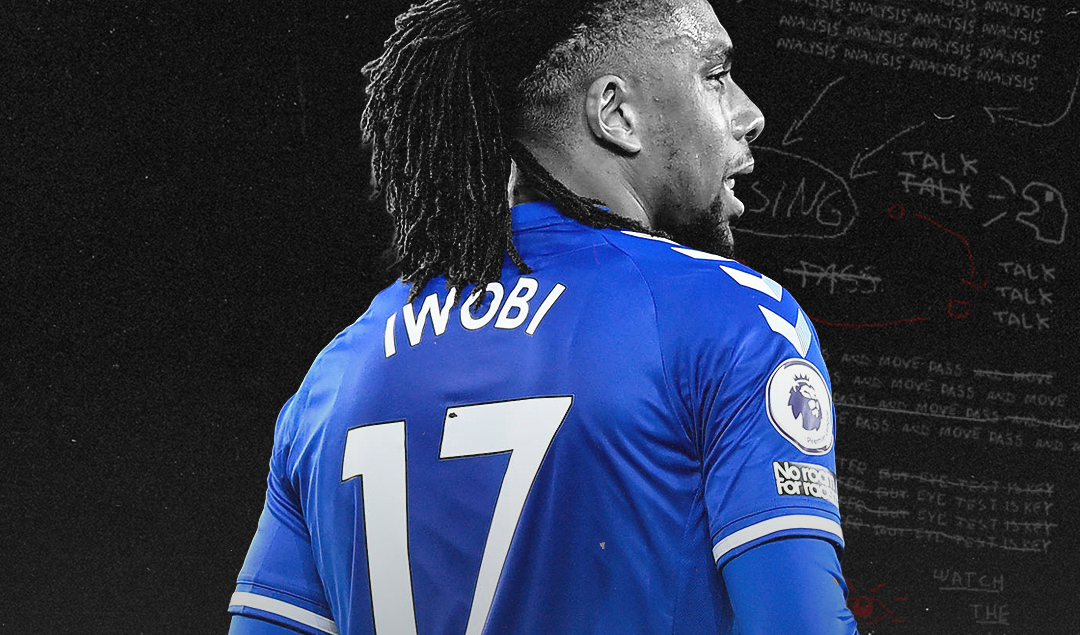Who Cares? The Well-being of Footballers
Football is the world’s greatest and most beautiful game, yet it is also a cruel, profit-driven business. It is an unforgiving environment where those most marginalized are often the ones held most accountable. In the rapidly changing world of football, the only ones consistently scrutinized for how things should and ought to be done are the players.
Every week, players are criticized by fans, former professionals masquerading as unbiased media personnel, and media outlets for their professionalism and performance. Meanwhile, referees are excused with the familiar “mistakes can happen” monologue, and coaches are given the benefit of “he needs time” excuses. The contrast is glaring: in a sport where being human is what makes it beautiful, the only ones denied the right to be human are the players, simply because they are paid handsomely.
This double standard extends to how truth is handled in football. When a manager speaks frankly about a player, he is lauded as no-nonsense, and the player is expected to improve. Yet, when a player speaks the truth about a manager, he is quickly labeled as out of line and unprofessional. Players now live in a world where they cannot defend themselves without being cast as villains, regardless of the validity of their grievances.
Much of this backlash against players stems from resentment over their financial freedom. The prevailing narrative suggests that the more money a player makes, the less entitled they are to have feelings or express them. This sentiment fuels the idea that players should silently endure whatever comes their way, without complaint, as if wealth disqualifies them from being human.
Ambition and loyalty are yet another arena where players are judged harshly. Those who seek to advance their careers by moving to bigger and better teams are often branded as disloyal and selfish. However, clubs like Barcelona and Chelsea have shown time and again that loyalty is a one-way street. These clubs have no qualms about mistreating and discarding players who are no longer deemed part of their plans. If a club can abandon a player for not being “good enough,” why can’t a player leave if the club isn’t meeting their ambitions?
The well-being of players only becomes a topic of discussion when it’s too late— after a breakdown or injury. Mental illness and the dangers of an overloaded schedule are only addressed after they’ve taken a toll on players. Yet, in the time leading up to these crises, who is advocating for the players? The focus remains elsewhere, and the players’ humanity is only acknowledged in retrospect, when the damage has already been done.
In a sport where humanity is supposed to be celebrated, the relentless criticism and lack of empathy toward players threaten to strip that away. The game’s beauty lies in its human elements, but if we continue to protect everyone else at the expense of the players, we risk losing not only our empathy but the essence of the game itself. Who cares?
By: Jahvon Barrett / @jahvonbarrett
Featured Image: @GabFoligno / Tony McArdle – Everton FC
